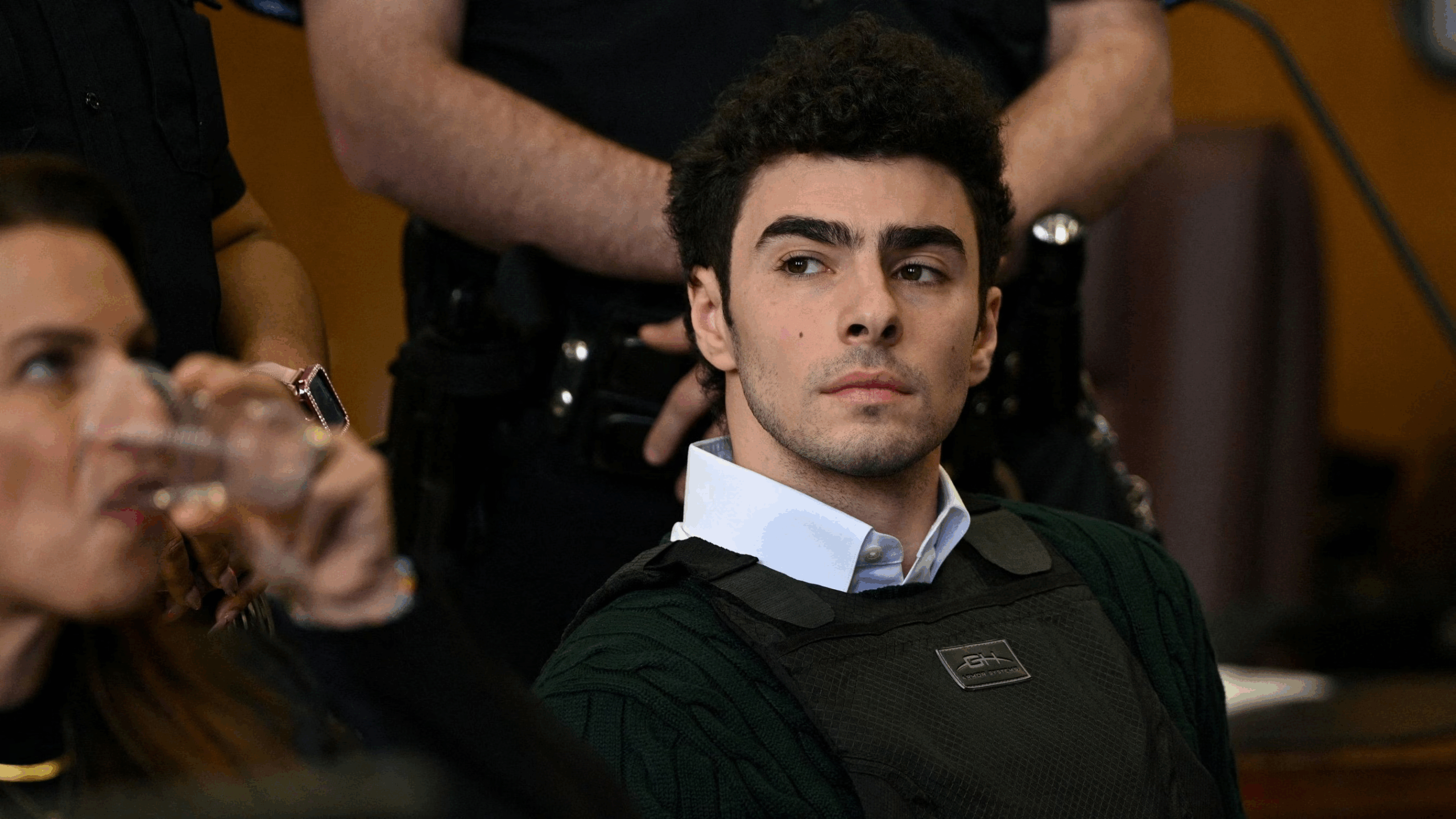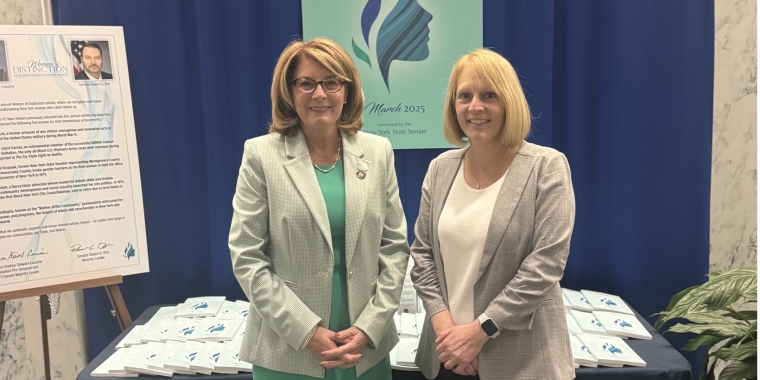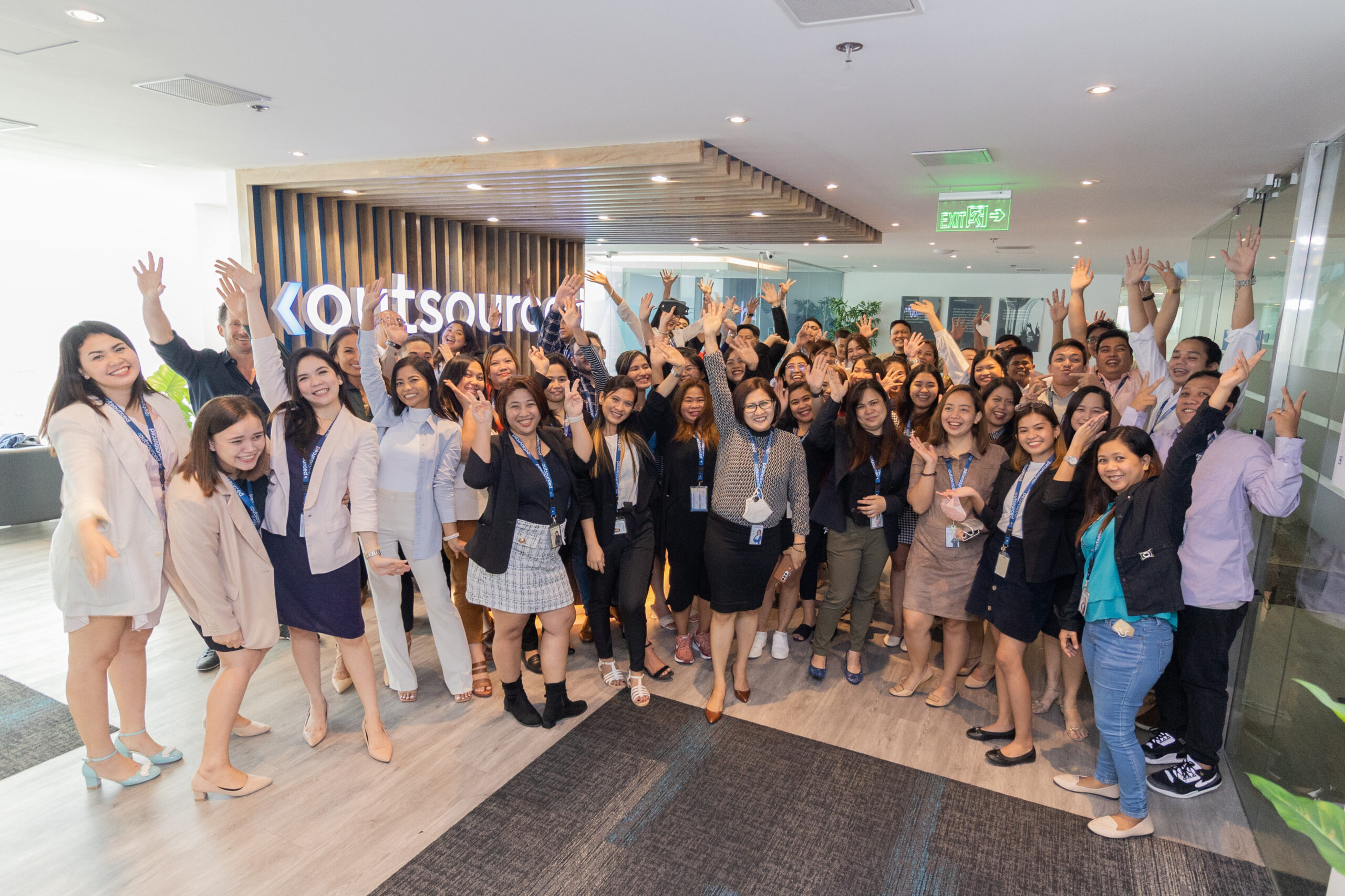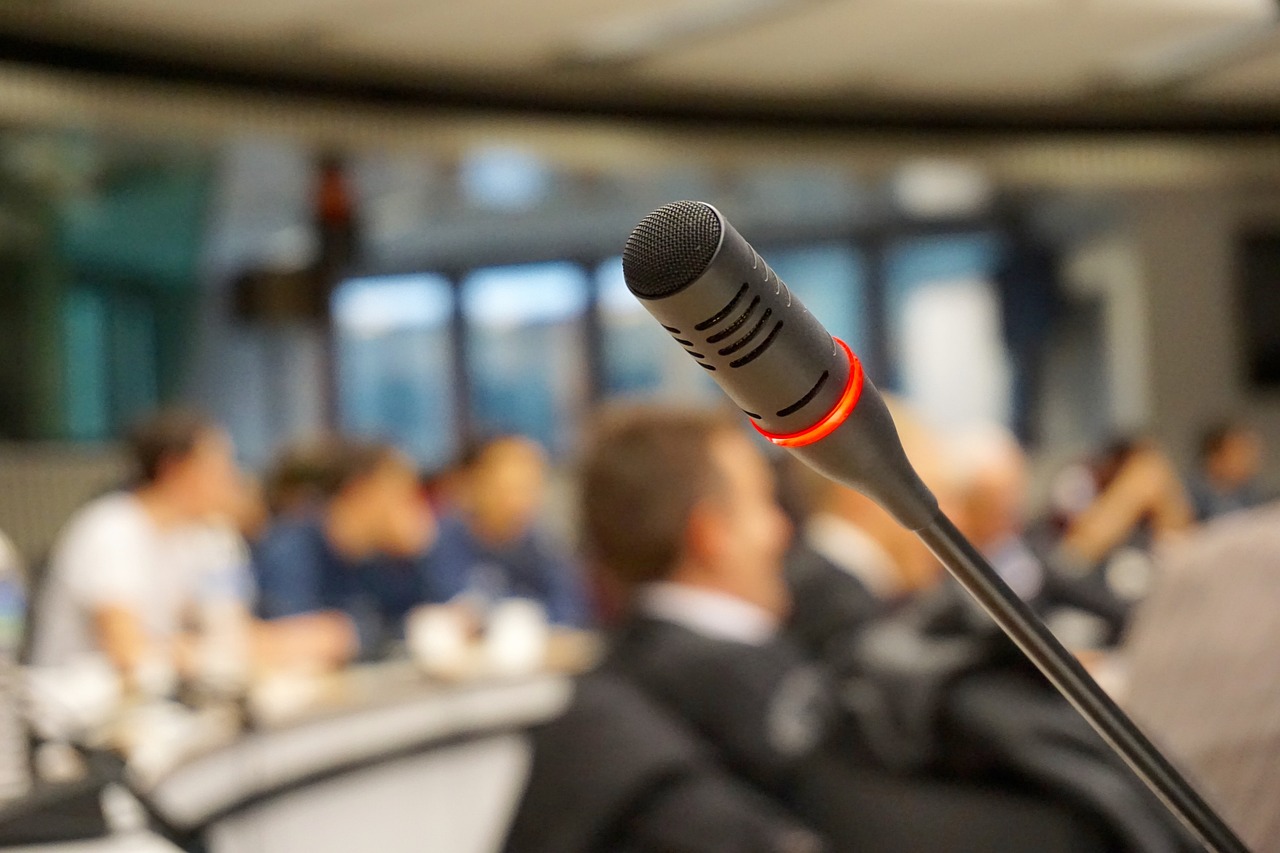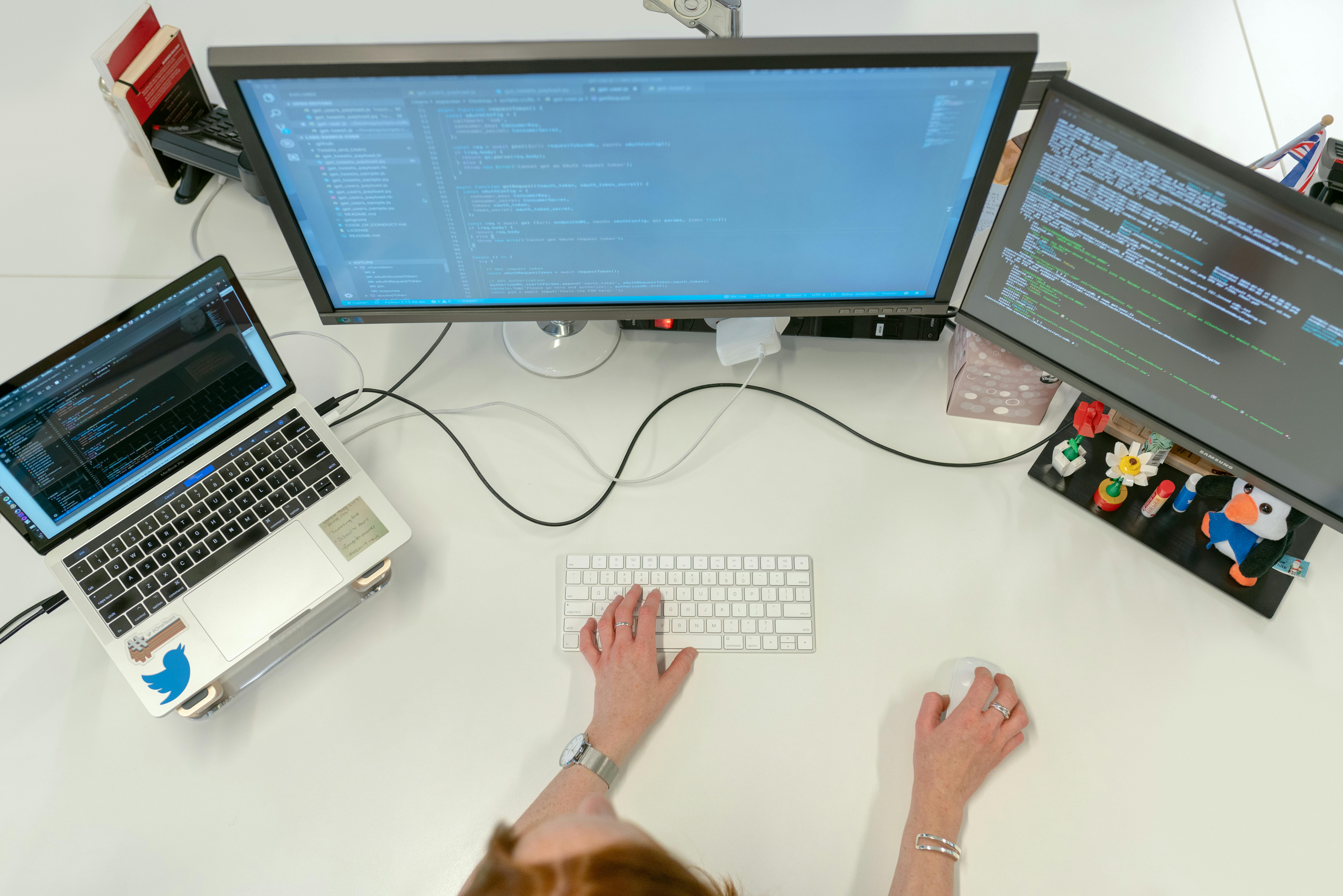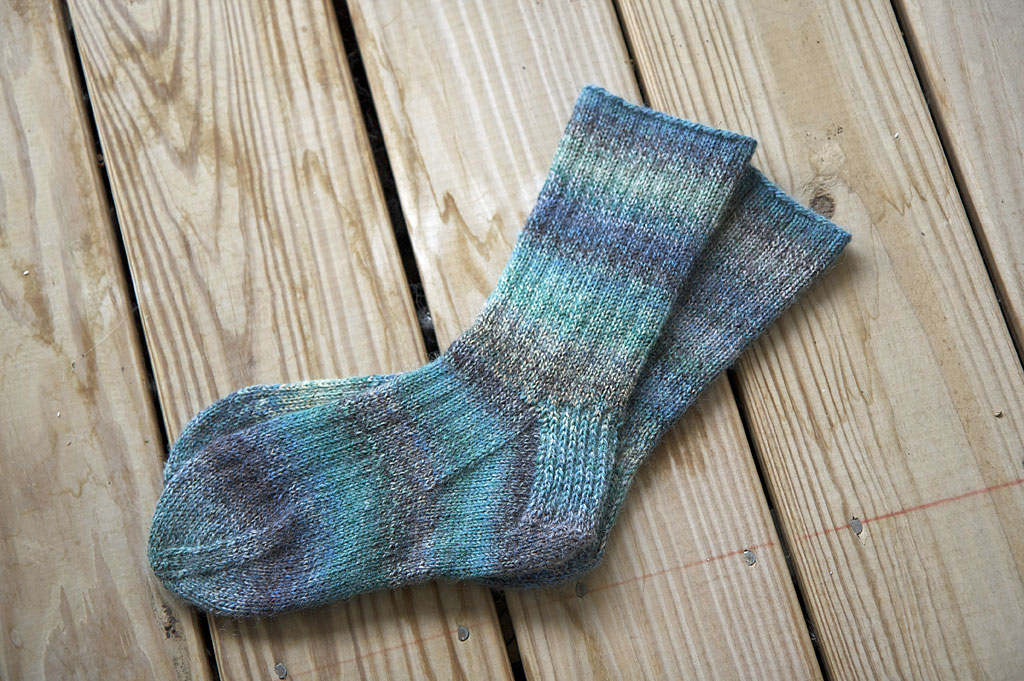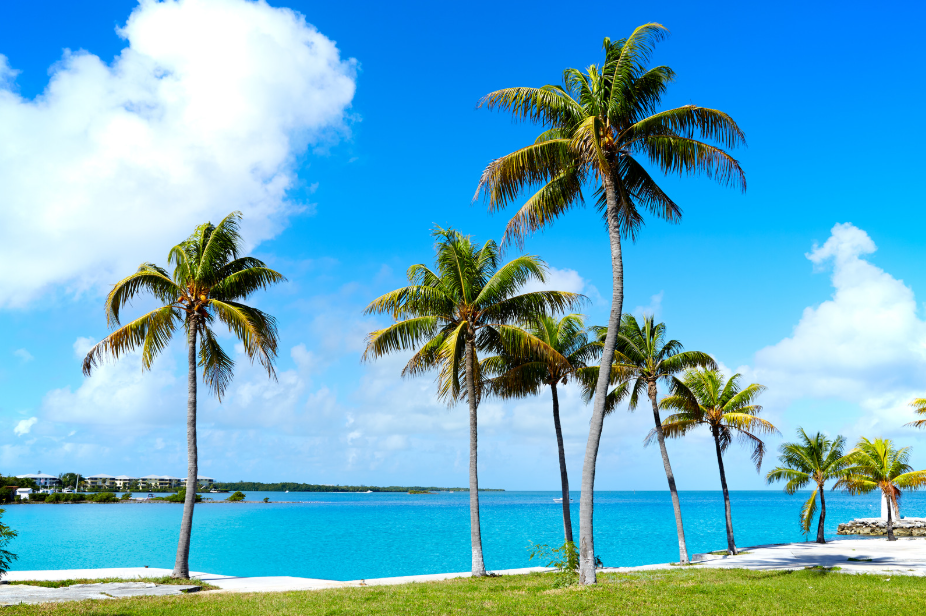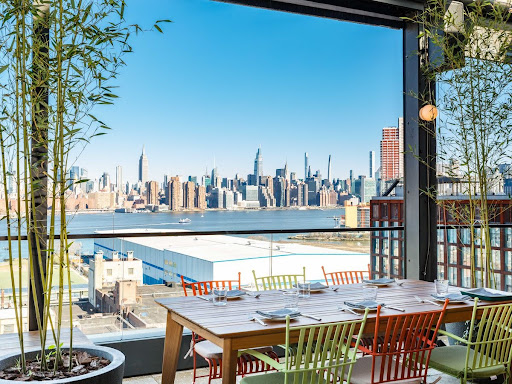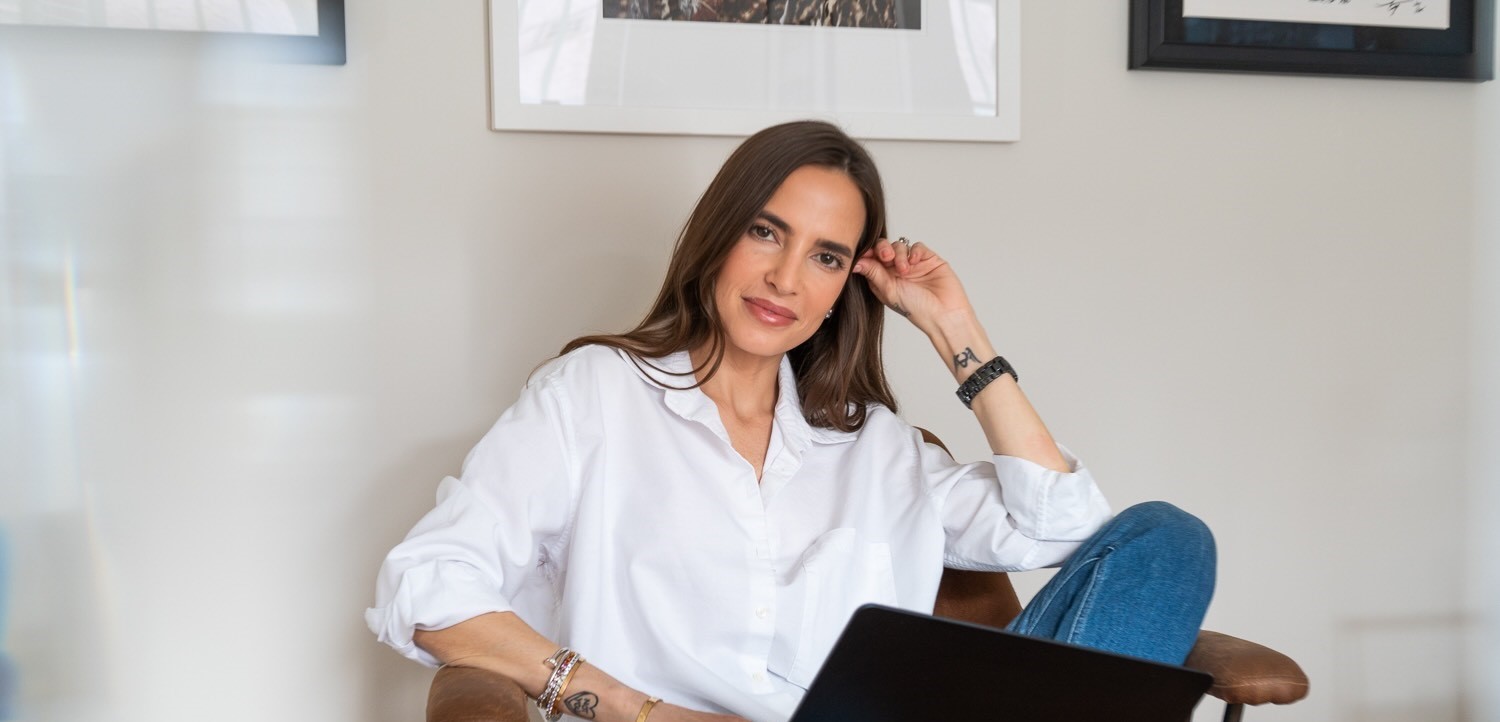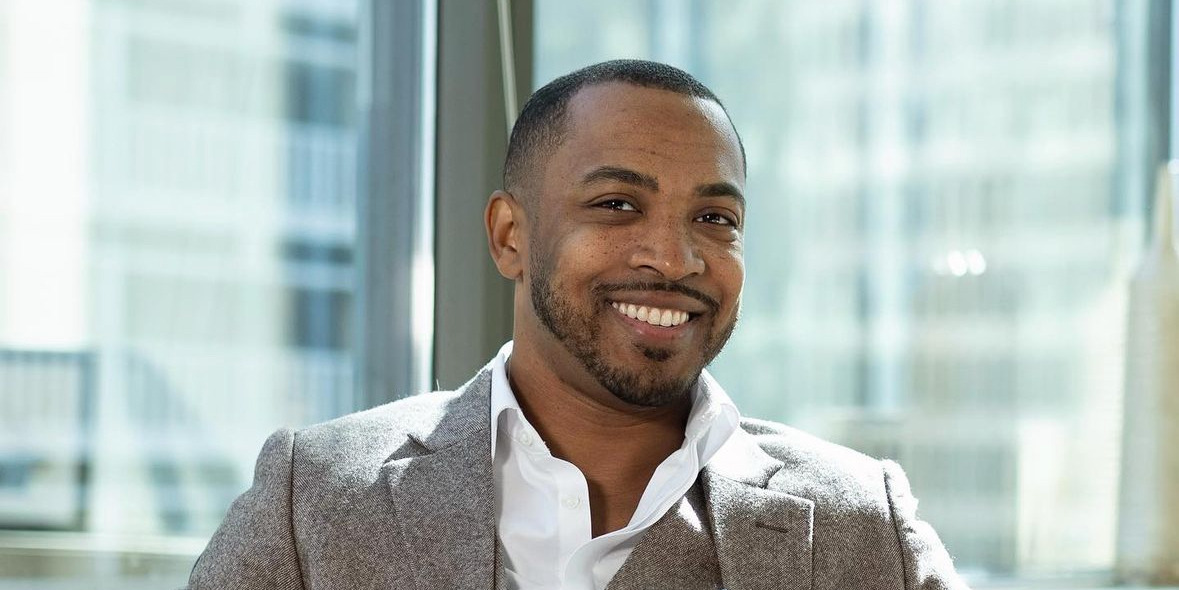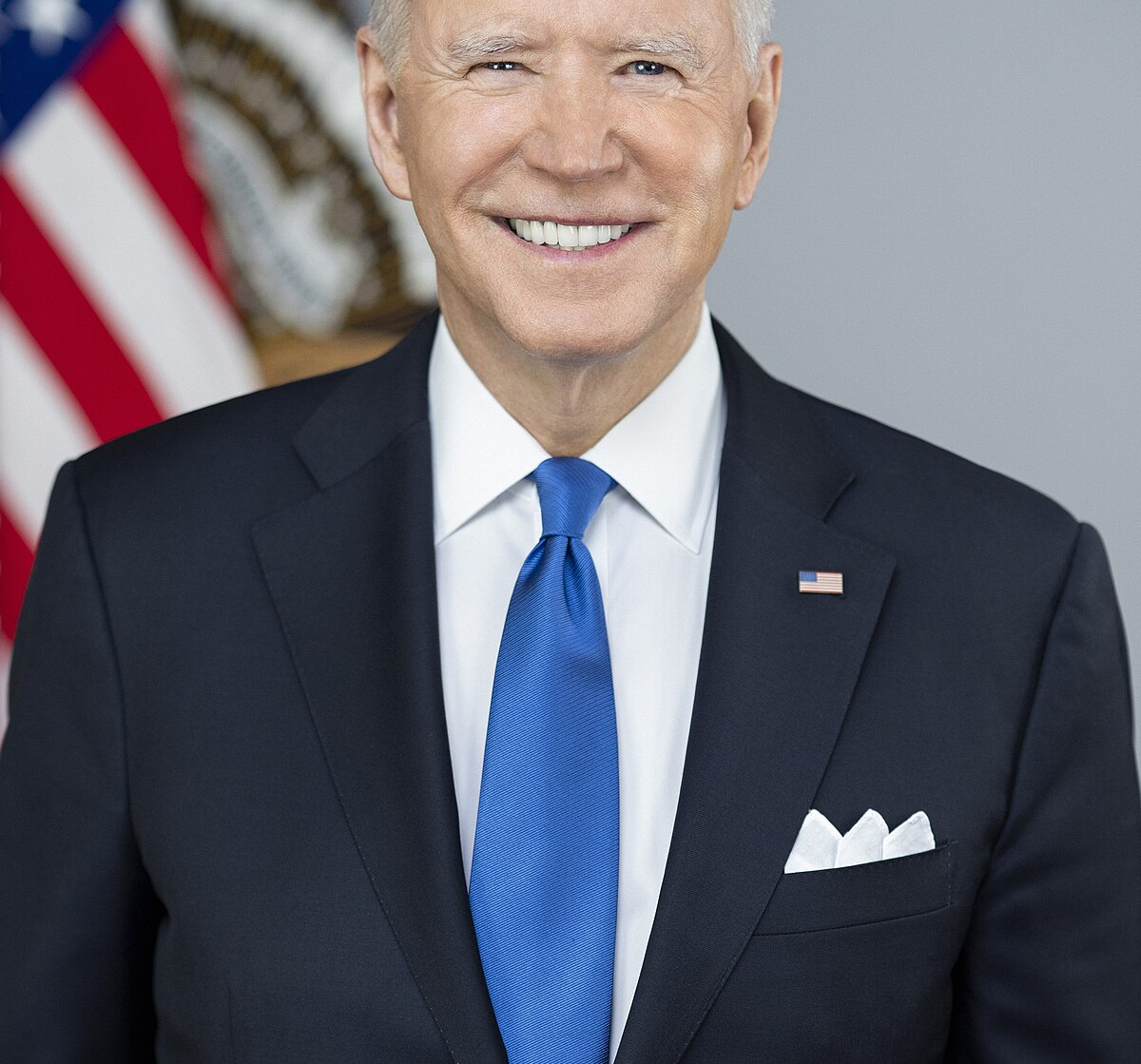San Francisco-based shoe brand Allbirds changed leadership nearly six months ago after releasing another report of disappointing earnings results. The eight-year-old company, known for its sustainable wool sneakers, swapped CEOs for the second time in less than a year, with Joey Zwillinger stepping down to make space for Joe Vernachio.
Co-founder Zwillinger accepted a special advisor role for Allbirds and kept his board seat alongside his Allbirds co-founder Tim Brown, who had already transitioned from co-CEO to chief innovation officer just ten months earlier. Vernachio, who had served as the COO since 2021, now holds the CEO position for the Silicon Valley staple company.
After booking $254.1 million in annual revenue last year, a drop from $297.8 million in 2022, for the first time, Allbirds now has a professional executive, not an entrepreneur, in charge.
Entrepreneurs are known to be very protective of their companies and have taken risks to see their dreams come to fruition. So, taking over for an entrepreneur can be a balancing act. For the relationship between founder and CEO to work, Vernachio believes everyone needs to put egos aside and avoid any idea of ownership. Six months have passed since the change in leadership without any public sniping or obvious power struggles, with Vernachio recognizing that the company’s transformation strategy is not about him. The new CEO shared that he speaks constantly with Zwillinger and Brown to keep them updated and to bounce ideas off of, knowing that the co-founders hired him for his expertise and knowledge.
Vernachio does not believe in fundamentally changing the brand’s identity, stating, “I’m trying to make a more potent version of Allbirds. I’m not trying to make a different brand… This is the show that Tim and Joey created. I just happen to be the director of the show right now.”
Previously, Vernachio has worked at The North Face and Mountain Hardwear, assisting consumer brands with notable founders and companies who need a jumpstart. In 2017, when he took over Mountain Hardwear, the company’s sales were down nine percent year-over-year, but when Vernachio left in 2021, Mountain Hardwear ended the year with sales up 30 percent.
Now, Allbirds is in need of a similar growth spurt, as its share price dropped more than 95 percent since going public in 2021, as well as traded under $1 long enough to prompt a delisting warning from Nasdaq last April.
“We hit a bump in the road, a slowdown, like every company does, and we’re reacting to it,” says Vernachio.
While Vernachio insists his new role is not a turnaround job, he does need to ensure that Allbirds survives long enough to inherit its next CEO. As part of his plans for the future of the company, Vernachio is strategizing how to pivot the company’s sustainability messaging.
The CEO’s plans are admittedly simplistic, according to Vernachio; however, the company needs to decrease costs, increase margins, grow sales, and finally achieve profitability by 2025. And Allbirds cannot rely on sales like it has in the past. The company will now restrict its promotions to the perennial shopping holidays around Black Friday, Cyber Monday, Memorial Day, and Labor Day while keeping its consumers engaged with new styles without increasing inventory or risking too much on one item’s possible performance.
“When you design new products, you can’t expect them to be these blockbusters out of the gate,” says Vernachio. “You need to be pretty realistic with your forecasting.”
Wanting the brand to remain focused on what its customers want, such as lifestyle sneakers, Vernachio aims to convince consumers to buy a second pair of Allbirds within 60 days of their purchase while tweaking the brand’s persona to center on nature over sustainability.
Despite the challenges that have hit Vernachio, the CEO believes you should “never let a good crisis go to waste.” Further stating, “When things aren’t going so well, pretty much everything’s fair game, and you don’t get a lot of resistance.”












